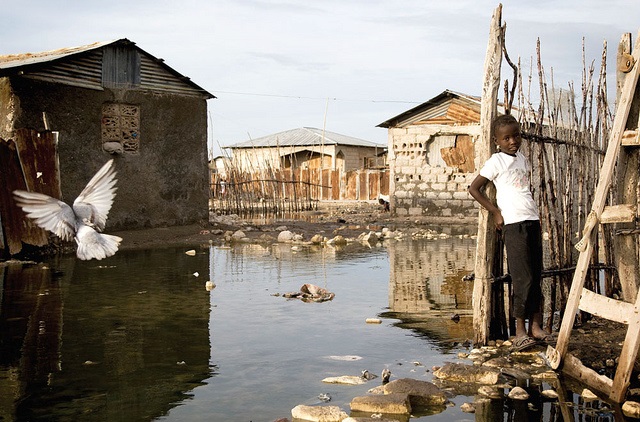Climate change worsens food insecurity
Climate change occasioned by severe weather and extreme climate events is exacerbating multiple stresses such as food insecurity and spread of diseases in Africa.
In 2012 alone, an estimated 37.3 million Africans were negatively affected by hydro meteorological hazards; a 43.3% increase in annual average over the last decade.
The African Ministerial Conference on Meteorology (AMCOMET) is, therefore, intensifying efforts to integrate weather and climate services in national and sub-regional development frameworks to save lives and improve the livelihoods of communities. A transformative approach is required to introduce innovative adaptation measures that build the resilience of communities to cope with adverse impacts of climate change.
“Every African country should be involved in the transformative development of the continent”, says African Union Commissioner for Rural Economy and Agriculture, Rhoda Peace Tumusiime, adding that, “supporting weather and climate services is critical in strengthening Africa’s resilience in the context of Africa Agenda 2063 on the Africa We Want”.
From 26 to 30 May 2014, “the Task Force and Bureau Meeting of AMCOMET” to be hosted by Zimbabwe in Harare will refine the draft Implementation Plan of the Integrated African Strategy on Meteorology (Weather and Climate Services) for the period spanning 2014 – 2018. The Ministers will also discuss resource mobilisation for priority investments to build climate related disaster resilience, including the development of a pan-African Space Policy.
“This landmark strategy is designed to maximize the contribution of meteorological services to sustainable development by gearing the necessary resources and recognition from governments,” said Saviour Kasukuwere, Minister of Environment, Water and Climate of Zimbabwe and the Chair of AMCOMET.
African Press Organization


